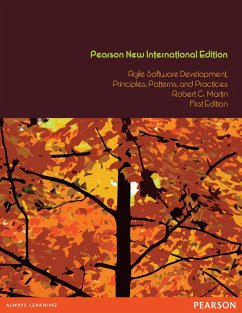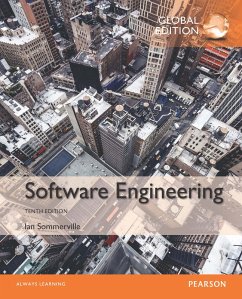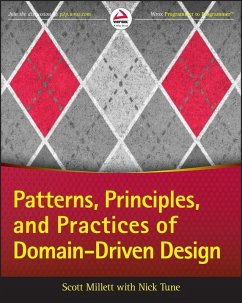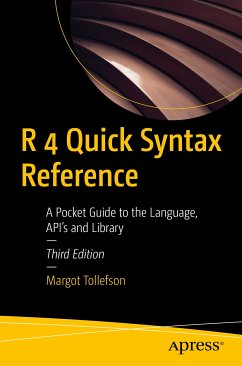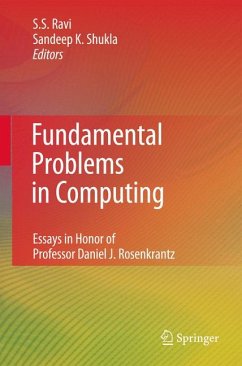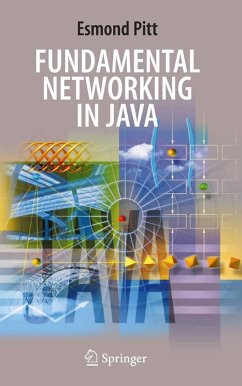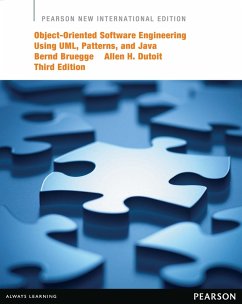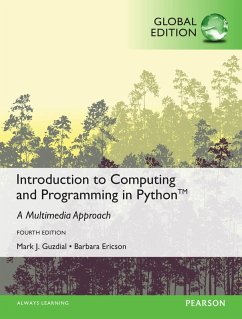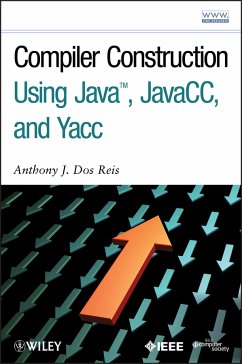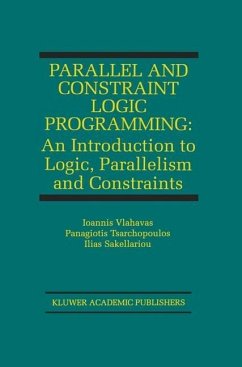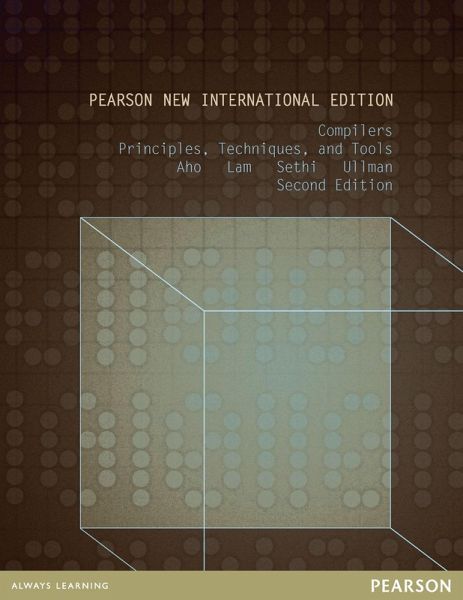
Compilers: Principles, Techniques, and Tools (eBook, PDF)
Pearson New International Edition
Versandkostenfrei!
Sofort per Download lieferbar
42,95 €
inkl. MwSt.
Weitere Ausgaben:

PAYBACK Punkte
21 °P sammeln!
Compilers: Principles, Techniques and Tools, is known to professors, students, and developers worldwide as the "Dragon Book," . Every chapter has been revised to reflect developments in software engineering, programming languages, and computer architecture that have occurred since 1986, when the last edition published. The authors, recognising that few readers will ever go on to construct a compiler, retain their focus on the broader set of problems faced in software design and software development.The full text downloaded to your computerWith eBooks you can: search for key concepts, words an...
Compilers: Principles, Techniques and Tools, is known to professors, students, and developers worldwide as the "Dragon Book," . Every chapter has been revised to reflect developments in software engineering, programming languages, and computer architecture that have occurred since 1986, when the last edition published. The authors, recognising that few readers will ever go on to construct a compiler, retain their focus on the broader set of problems faced in software design and software development.
The full text downloaded to your computer
With eBooks you can:
eBooks are downloaded to your computer and accessible either offline through the Bookshelf (available as a free download), available online and also via the iPad and Android apps.
Upon purchase, you'll gain instant access to this eBook.
Time limit
The eBooks products do not have an expiry date. You will continue to access your digital ebook products whilst you have your Bookshelf installed.
The full text downloaded to your computer
With eBooks you can:
- search for key concepts, words and phrases
- make highlights and notes as you study
- share your notes with friends
eBooks are downloaded to your computer and accessible either offline through the Bookshelf (available as a free download), available online and also via the iPad and Android apps.
Upon purchase, you'll gain instant access to this eBook.
Time limit
The eBooks products do not have an expiry date. You will continue to access your digital ebook products whilst you have your Bookshelf installed.
Dieser Download kann aus rechtlichen Gründen nur mit Rechnungsadresse in A, B, BG, CY, CZ, D, DK, EW, E, FIN, F, GR, HR, H, IRL, I, LT, L, LR, M, NL, PL, P, R, S, SLO, SK ausgeliefert werden.




